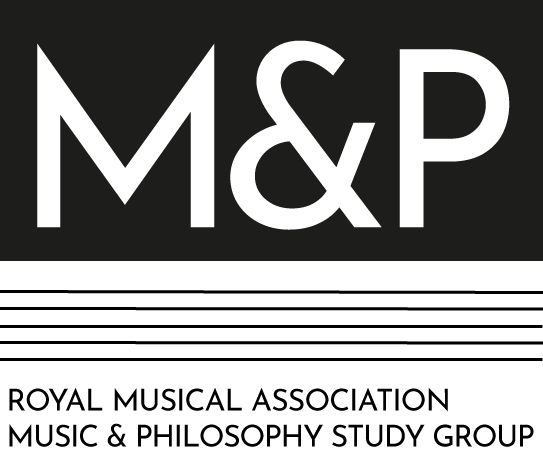
CFP for contributions to a themed session at the #MPSG21
Convener: Edwin Li, Harvard University
‘Philosophy must go global’, said philosopher Jonardon Ganeri in 2016, writing against the background of an increasingly polycentric philosophical industry, the internationalization of students and institutions, and diversity in philosophical articulations and epistemic stances. This statement should not strike music scholars as surprising: in Anglo-American music departments, too, discussing the global has become a social and ethical imperative that encompasses defamiliarizing the Western musical canon, provincializing European perspectives, and tracing transnational musical flows. Yet ‘global imperatives’ for music and philosophy seem to be under-discussed. Such imperatives might be interpreted in three ways: 1) working towards a global, universalizing philosophy of music that stands above particular traditions, as in Mark Hijleh’s (2012) recent work on a global music theory; 2) creating what Jesse Fleming (2003) has called a ‘philosophy of comparison’ that stimulates dialogue and reciprocity between global philosophies of music, as other scholars in the field of Comparative Philosophy have also been doing (Bo Mou (2010), Michael Levin (2016), Chakrabarti and Weber (2016)); or 3) delving into the history of philosophies of music and global exchanges between them, as explored for global music history in Lester Hu’s (2019) and Daniel Walden’s (2019) dissertations. As well as approaching such broad methodological questions, this session aims to examine the range of experiences and ideological assumptions involved in responding to global music-philosophical imperatives. When and how might these carry neo-imperialist connotations, sliding towards a pan-assimilationism by which the West expands its intellectual governance? Can and must we talk about our own experience in pursuing this endeavor as (post-)colonial subjects, and how do we negotiate global power imbalances as we do so? If ‘music’ is not even a consistent object across global cultures, how can we construe it for the purposes of a global music philosophy?
Please send abstracts of no more than 300 words to Edwin Li, edwin_li@g.harvard.edu, by October 30, 2020
